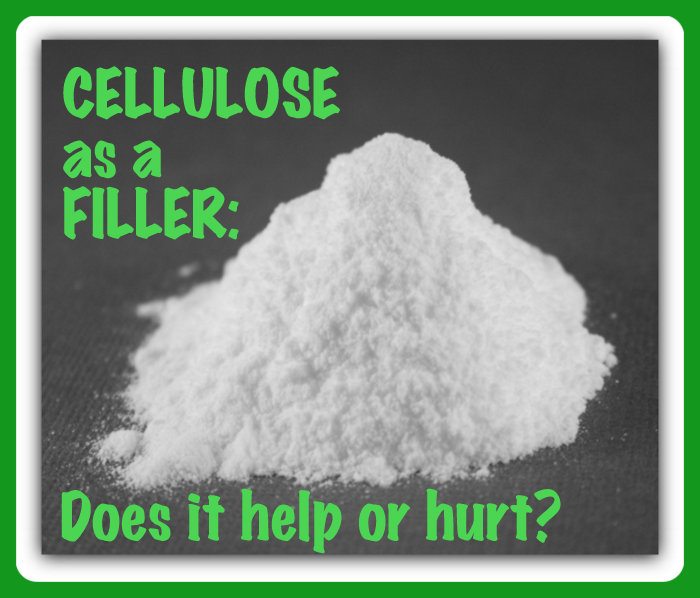About Quinoa; Mistakes made on T3-only; Thyroid Patients and West Nile Virus
As a thyroid patient who went to hell and back thanks to 20 years of a lousy treatment by allopathic medicine, I care about my good health and what I eat. So I attempt to balance my eating sins. And when I was recently at a salad bar, I couldn’t figure out what a particular bowl of food was, sitting next to mixtures of fruit, pastas, etc.
It looked like “frog eye salad”, which is made up of teeny tiny b-b size pasta and sweet fruits. But this had tomatoes in it. And the small round things had a thin white line around them. Were they fish eggs??
Turns out its a high protein, higher fiber whole grain called Quinoa (pronounced keen-wa), and is loaded with nutrients, including the minerals iron, zinc, and selenium, plus vitamin E and lysine, and all essential amino acids. I got a scoop and I was impressed.
And voila….if you need to be gluten-free, this grain gets the mark! I plan on buying some at my local health food store for an occasional hot breakfast cereal (as I suspect my husband would do better avoiding gluten thanks to frequent digestive issues), besides strongly recommend it to my husband’s niece, who badly needs to go gluten-free to lower her high inflammation levels.
Don’t feel the need to avoid gluten?? This still looks like a great grain and food to become familiar with, which I’m going to do! But a word of warning: it’s not low carb. So like any carb you intake, you’ll want to eat it in moderation.
KEY MISTAKES IF YOU ARE ON T3-ONLY, says a lot of patient experience
Though ten years of strong patient experiences show that natural desiccated thyroid gives the best results for thyroid disease, some thyroid patients have to be, or choose to be, on T3-only. It’s definitely a far better treatment than the lousy T4-only treatment with Synthroid and other brands.
And along the way, we’ve figured out some mistakes we may be making when using T3-only:
- Dosing rigidly every certain amount of hours  When patients were first learning about using T3-only (which requires more multi-dosing at first than does natural desiccated thyroid), we thought it was a good idea to dose rigidly about every 4-5 hours or so, thinking that T3 would peak about 4 hours after taking the first dose, then make a fall, and you’d then need to replenish your levels. We were wrong with that rigidity.It can be very individual when one needs a dose of T3. Some might need another dose of T3 in three hours after taking the first one due to a higher metabolism. So if they go longer, they put themselves in an increasing hypothyroid state. Another person might be a slow metabolizer and only need their next dose in 5 or 6 hours. So if you take it too soon, you put yourself in the direction of a hyper state.Turns out you need to be dosing  T3 when your body tells you it’s time you need it! How to know? Your signs and symptoms. Look for clues that you need your next dose, like a rising heartrate or blood pressure, depression, fatigue, or any hypothyroid symptom unique to you. Notate that on paper, then you’ll know to take your T3 right before that time the next day. It might take a few days of experimenting to figure out when your ideal dosing times are.
- Multi-dosing T3 too many times during the day As patients, we used to think that we need to dose T3 up to four to fives times a day in smaller doses. But with our new knowledge about T3, several patients have noted noted that moving dosing to 2-3 times a day, and thus in larger amounts each time, has resulted in better treatment of their hypothyroid state, especially with better cortisol levels.
- Thinking that different brands of T3 are equal  Unfortunately, some brands of T3 are weaker than others. And occasionally, some batches of a better brand may be bad due to heat exposure.  Generally, patients have reported Cytomel to be of a quality and consistent strength. Cynomel has been reported as equal in strength, but lately, patients have found some batches to be weak and are reporting this to the company. UK’s Liothyronine by Goldshield has been reported by patients as weaker in strength all the time.  All in all, Cytomel has received the most positive scores.
Using T3 all day while doing the T3 Circadian Method (T3CM) for your proven adrenal fatigue?? As your adrenals kick back in, you may notice that you 1) need to space your T3 farther apart, and 2) that you will need less T3.
WEST NILE VIRUS IS BACK LIKE A VENGEANCE: WHAT YOU AS A THYROID PATIENT SHOULD BE DOING!
Found out that a cousin of mine, who’s a father of two young children, found himself with West Nile Virus several days ago. I got West Nile about 5 years ago, as well. For many of us, it’s like the WORST flu you ever had, and you can take a few weeks to get over your post-illness weakness.
And since having a compromised immune system (as struggling hypothyroid/adrenal patients can have) makes one more vulnerable to the virus effects, I can see it being imperative to be on immune-supportive herbs right now, besides putting on some kind of mosquito repellant of your choice. I also read about Lomatium root, which is supposedly very anti-viral. I would talk to your local health food/supplement store for recommendations.




 Last May, a very interesting article appeared in the May 2009 issue of the Journal of Clinical Endocrinology and Metabolism, titled For Some, L-Thyroxine Replacement Might Not Be Enough: A Genetic Rationale and presented by Endocrinologists in Bristol in the UK. It’s accompanied with an editorial by Endocrinologists Brian W. Kim and Antonio C. Bianco.
Last May, a very interesting article appeared in the May 2009 issue of the Journal of Clinical Endocrinology and Metabolism, titled For Some, L-Thyroxine Replacement Might Not Be Enough: A Genetic Rationale and presented by Endocrinologists in Bristol in the UK. It’s accompanied with an editorial by Endocrinologists Brian W. Kim and Antonio C. Bianco. I have been driving all day, bringing my husband back home after serious hand surgery yesterday. And while I was away from the computer, I received the below via the Contact Me form of STTM, written by Mary Budinger for the Arizona Net News journal, September 16, 2009:
I have been driving all day, bringing my husband back home after serious hand surgery yesterday. And while I was away from the computer, I received the below via the Contact Me form of STTM, written by Mary Budinger for the Arizona Net News journal, September 16, 2009: